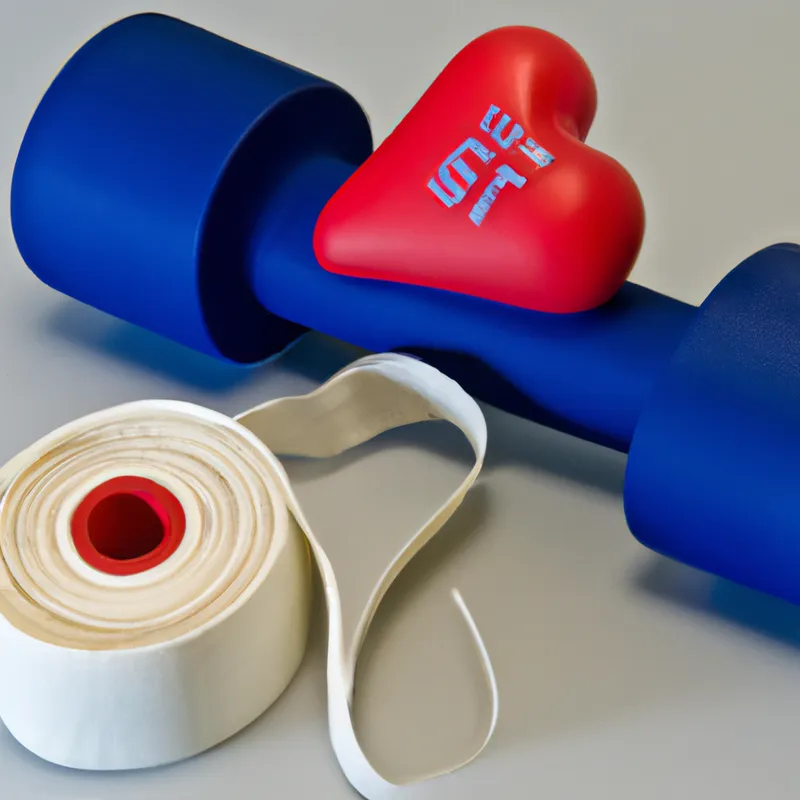Customize Workouts for Seniors with Heart Issues
Tailoring Strength Training Programs for Seniors with Heart Conditions
As we age, we must prioritize our health. For seniors with heart conditions, strength training plays a vital role in fitness. Tailoring these programs to individual needs is essential. This blog post shares strategies for developing strength training programs focused on safety, adaptability, and wellness.
Understanding Heart Conditions
Heart conditions vary widely and affect individuals differently. Common issues include hypertension, heart failure, arrhythmias, and coronary artery disease. These conditions may limit safe exercise options for seniors. Therefore, a personalized approach is crucial.
Before starting any exercise program, seniors must consult their healthcare providers. This step helps them understand limitations and engage in physical activity safely. Healthcare providers may recommend certified fitness professionals experienced with seniors or heart conditions.
Tips for Developing Strength Training Programs
Creating strength training programs for seniors requires careful planning. Consider these tips:
1. Start Slowly
Begin with low-intensity exercises like bodyweight movements or resistance bands. Gradually increase intensity as seniors become comfortable. Starting slowly reduces injury risk and helps the body adapt. Aim for two to three sessions per week, focusing on major muscle groups.
2. Focus on Form
Proper form is crucial in strength training. Seniors must learn correct techniques to avoid injuries. Encourage them to use mirrors or work with certified trainers. Simple exercises like squats, modified push-ups, and seated leg lifts can be beneficial. Trainers can also provide modifications for individual capabilities.
3. Include Flexibility and Balance Training
Incorporating flexibility and balance exercises enhances overall fitness. This addition reduces fall risks, which can be dangerous for seniors. Perform stretching and balance exercises before or after strength training. Activities like yoga and tai chi improve flexibility, balance, and mental well-being.
4. Choose Appropriate Equipment
Select equipment that’s easy to use and handle. Resistance bands, light dumbbells, and stability balls work well. These tools adjust based on the individual’s strength, making progress safer. Machines designed for seniors or those with limited mobility provide added support during exercises.
5. Set Realistic Goals
Setting realistic and achievable goals boosts motivation. Whether increasing repetitions, lifting heavier weights, or improving balance, clear objectives help seniors track progress and stay committed.
Advice for Safe Strength Training
Safety always comes first for seniors with heart conditions.
Conclusion
In conclusion, we emphasize tailoring strength training programs for seniors with heart conditions. Prioritize safety, adaptability, and individual needs for optimal wellness.
Below are related products based on this post:
FAQ
What should seniors with heart conditions do before starting a strength training program?
Seniors should consult their healthcare providers before beginning any exercise program. This consultation helps them understand their limitations and engage in physical activity safely. Healthcare providers may also recommend certified fitness professionals experienced in working with seniors or those with heart conditions.
What types of exercises are recommended for seniors in strength training?
For seniors, it’s advisable to start with low-intensity exercises such as bodyweight movements or resistance bands. Focus on proper form to avoid injuries, and include flexibility and balance training. Simple exercises like squats, modified push-ups, and seated leg lifts can be beneficial. Incorporating activities like yoga and tai chi can also enhance overall fitness.
How can seniors ensure their strength training is safe and effective?
To ensure safety and effectiveness, seniors should start slowly and gradually increase the intensity of their workouts. Using appropriate equipment, setting realistic goals, and working with certified trainers can also help in tailoring the program to individual needs. Safety should always be the top priority, especially for those with heart conditions.















Post Comment